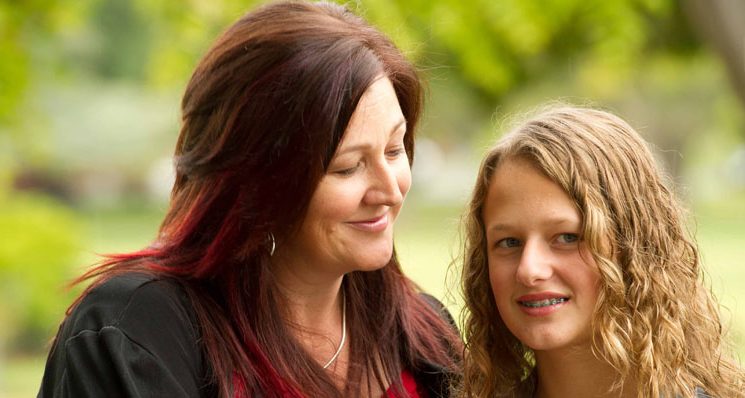
Supporting young people leaving care
We understand that the journey to adulthood can be a little daunting and that young people need a safe and empowering place where they can grow and develop into confident individuals.
At AnglicareSA, we run a range of programs to support young people who are leaving the out-of-home care system. We assist young people as they transition to independent adulthood. Our programs work alongside young people to develop their essential life skills, build their community connections and help them aspire to and set goals for their future.
Our Leaving Care program supports young people aged 16 to 18, and our Post Care program is for care leavers aged 18 to 25. You can learn more about these programs below.
Launch 180 – Leaving care services
Launch 180 is a tailored and personalised program that supports young people aged 16 to 18 to transition successfully to independent adult life.
Post Care Pathways
Post Care Pathways (PCP) provides a housing-first option that focuses on supporting young care leavers between the age of 18 and 25 years. PCP is a voluntary housing intervention for young care leavers who are experiencing homelessness or housing instability or are at risk of homelessness, during and/or following their transition from the formal care system.
Are you Aboriginal or Torres Strait Islander? Do you come from a culturally or linguistically diverse background?
Our team is committed to ensuring cultural safety within the program. This includes supporting you in meeting your cultural needs through cultural connection and engagement. Through your networks or ours, we’ll help you to connect with people and groups who can provide you with every opportunity to learn and grow.
Commitment to First Nations people
AnglicareSA Children, Youth and Families acknowledges First Nations peoples as the sovereign owners of this land. Land that has been continuously cared for, for thousands of generations. We extend our respect to all First Nations peoples and their living cultures.
We recognise that past policies led to and continue to impact the removal of First Nations children. Colonisation, dispossession, the introduction of child-removal policies and their ongoing legacy dismantled cultural practices and kinship systems. First Nation’s child-rearing ways were viewed as inappropriate, and that the colonial ways were superior.
Bringing them Home report, 20 years on (2017) identifies: most Aboriginal and Torres Strait Islander people have been affected by the Stolen Generations. The resulting trauma has been passed down to children and grandchildren, contributing to many of the issues faced in Indigenous communities, including family violence, substance abuse and self-harm.
AnglicareSA is a member of the Family Matters SA Campaign. Family Matters reports that Aboriginal and Torres Strait Islander children in South Australia are 10.8 times more likely to be removed from their families by child protection services than non-Indigenous children. This is higher than the national average of 9.7 times.
In acknowledging these figures, and a child’s right to culture and community, Children, Youth and Families have enacted many measures to directly contribute to the reduction of these rates.
We promote the effective application of the Aboriginal and Torres Strait Island Child Placement Principle and consider its intent at all stages of our work with First Nations children and young people.
It is our responsibility to centre culture in all aspects of our work and interventions. We are committed to centering and making space for the voices of First Nations people and seek the appropriate support and expertise as required. We ensure the cultural load is shared among non-First Nations leaders and practitioners.
We work in culturally safe ways alongside First Nations peoples; knowing that by doing so, First Nations Children are kept safe and connected to culture, families are strong and together and First Nations young people are equipped for their bright futures.
Acknowledgement of Country
AnglicareSA recognises that we provide services on the traditional lands of the Kaurna people. We express our gratitude in the sharing of this land; Our sorrow for the personal, spiritual and cultural costs of that sharing; And our hope that we may walk together in harmony, in the spirit of Reconciliation.